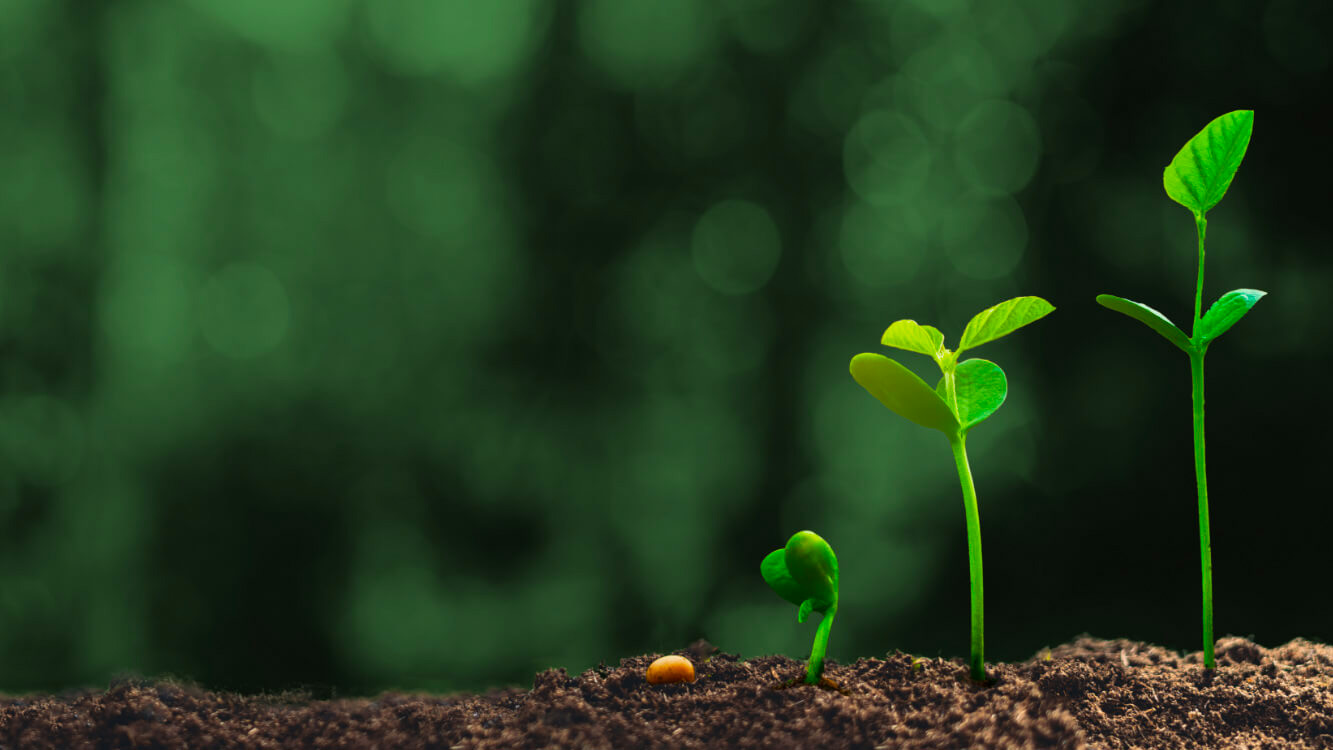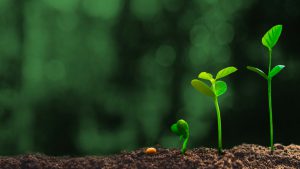As part of our ongoing commitment to sustainability, we publish monthly reports that update our customers and readers on our progress. This June, we planted over 5,400 trees and funded two Gold Standard Projects.
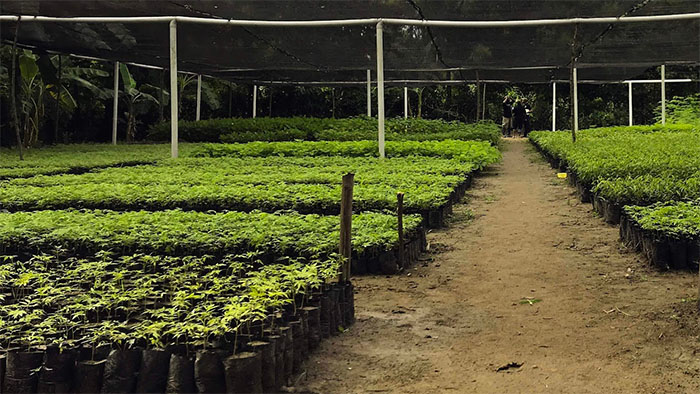
Nearly 5,300 trees planted for our customers
For our customers’ web hosting, Managed WordPress, and VPS packages, we plant trees through Eden Reforestation Projects. Through them, we plant trees in Haiti, Indonesia, and Nepal, and this month, we planted 5,290 trees.
In Haiti, we’re helping to plant fruit trees to build up food security and local economies for small towns, and helping to rebuild mangrove forests along the coastline. We’re also helping plant mangroves along the shoreline in Indonesia, rebuilding forests severely damaged by clear-cutting, storms, and tsunamis. And in Nepal, we fund several projects, planting trees in the mountains and grasslands to help support biodiversity and reduce erosion. We’re also helping to create a buffer zone around the Chitwan National Park.
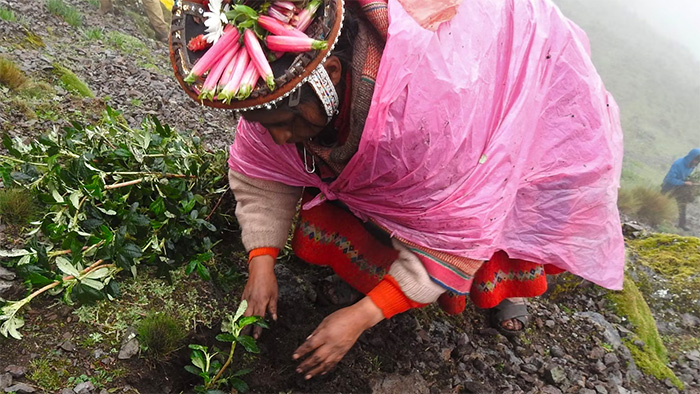
Over 150 trees planted for our employees
Every month, we also offset our employees’ carbon footprints by funding tree-planting and sustainability projects through Ecologi, as well as adding an extra 100 trees to our customers’ collection for Eden Reforestation Projects.
This month, Ecologi planted 19 new mangroves in their Madagascan coastline project, 15 trees to help restore Kenyan forests, and 10 fresh trees in Mozambique for their Changlane forest project. They also planted three trees with Trees for the Future in Uganda to help farmers create forest gardens, and a hawthorn just outside of Hitchin as part of their collaboration with Protect Earth. And there are two new projects as well — planting a new polylepis tree in Peru as part of Andean forest restoration, and planting two fruit trees in Ouezzane, Morocco, to help sustain the genetic heritage of fruit trees in the region.
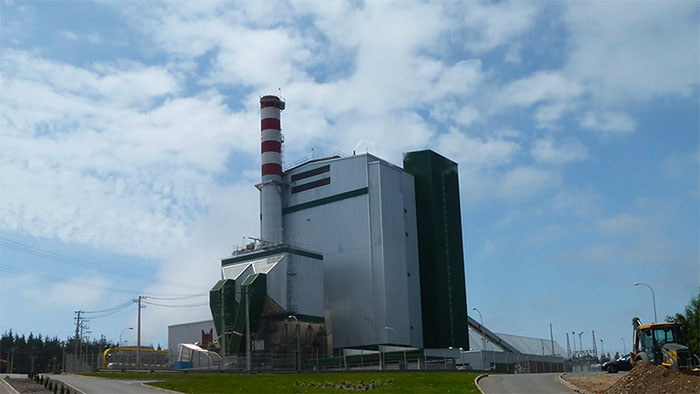
Producing electricity from waste biomass in Chile
Ecologi also sponsors Gold Standard sustainability projects for us, and, this month, they are helping to support the Viñales sawmill waste biomass project. Using biomass to produce electricity is a bridging solution between using high-polluting fossil fuels and more renewable energy sources. The sawdust, bark, and woodchips produced by the sawmill and forestry operations nearby are burned to produce steam for turbines, which generate electricity that powers the sawmill itself. Along with cutting down on the amount of coal and oil used to fuel the power plants, this also prevents the waste biomass from being burnt out in the open.
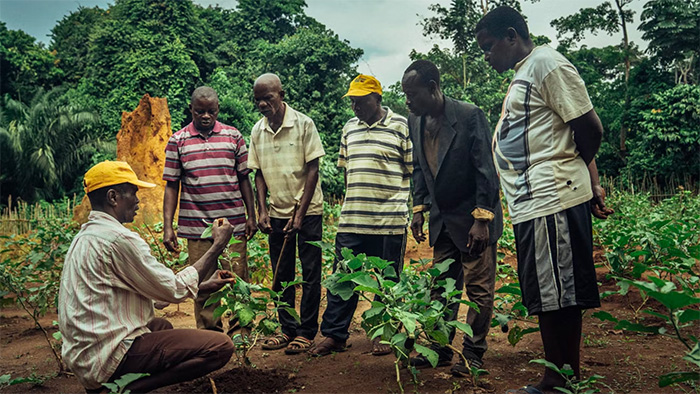
Protecting rainforest in the Democratic Republic of Congo
The Congo basin rainforest is the second-largest tropical rainforest in the world, with biodiversity not seen anywhere else in the world, but has suffered from decades of exploitation and deforestation. This project aims to protect nearly 250,000 acres of forest in the basin, saving it from industrial logging, unsustainable fuel wood removal, and slash-and-burn agriculture, protecting not only the wildlife, such as okapi and gorillas but also providing a massive carbon sink for the planet.
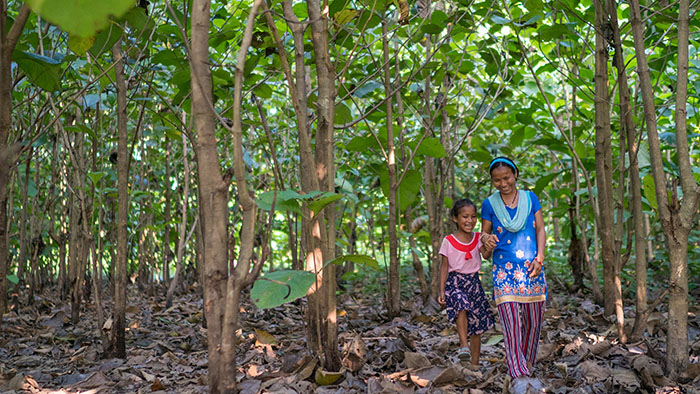
Our monthly impact
Through these projects, we have reduced our carbon footprint by an additional 225 tonnes, making it nearly 5,800 tonnes since we started. This is the equivalent of nearly 7,400 tonnes of rubbish being recycled instead of going to a landfill, over 10,600 metric tonnes of coal not being burned, over 9,000,000 litres of petrol not being used, and over 17 kilometres squared of sea ice being saved.
We’ll keep you updated every month with what we’re doing in our blog and on our Green Credentials page. We hope you’re as happy with the work that we’ve done as we are.
